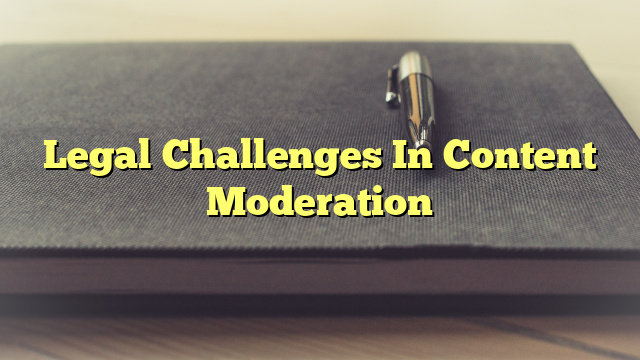Table of Contents
Challenges Faced by Content Moderators
Content moderation is a challenging task that involves reviewing and monitoring user-generated content on various online platforms. Content moderators face several challenges, including:
- Moderating a vast amount of content within a limited timeframe.
- Encountering disturbing and offensive content that can have a psychological impact.
- Dealing with the pressure of making subjective decisions on what content should be removed or allowed.
- Handling the constant exposure to hate speech, violence, and other harmful content.
- Being subjected to online harassment and threats from users whose content is moderated.
Negatives of Content Moderation
While content moderation plays a crucial role in maintaining online safety and preventing the spread of harmful content, it also has its negatives:
- Potential for biased moderation decisions based on personal beliefs or cultural perspectives.
- Inconsistent application of moderation policies, leading to confusion and frustration among users.
- Possibility of over-censorship, limiting freedom of expression and stifling diverse opinions.
- Moderators may suffer from burnout and mental health issues due to the nature of their work.
Is Content Moderation Legal?
Content moderation is generally legal, as online platforms have the right to enforce their own community guidelines and terms of service. However, there are legal challenges that platforms may face:
- Ensuring compliance with local laws and regulations regarding content moderation.
- Addressing potential violations of users’ privacy rights during the moderation process.
- Handling legal liability for content that is missed or not removed in a timely manner.
Policies for Content Moderators
To address the challenges and legal concerns, online platforms typically have policies in place for content moderators:
- Clear guidelines on what content should be removed, including hate speech, violence, and explicit material.
- Training programs to help moderators identify and handle different types of content effectively.
- Support systems to assist moderators in dealing with the emotional toll of their work.
- Regular review and feedback processes to ensure consistency and fairness in moderation decisions.

